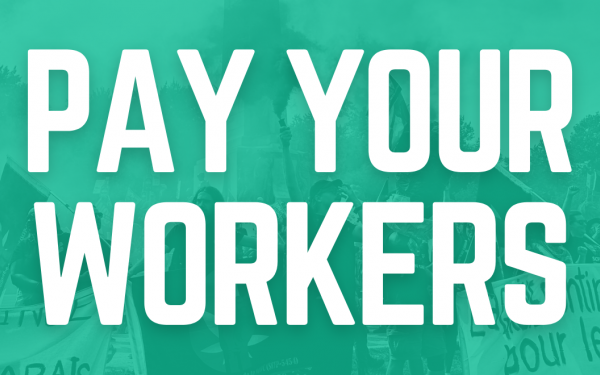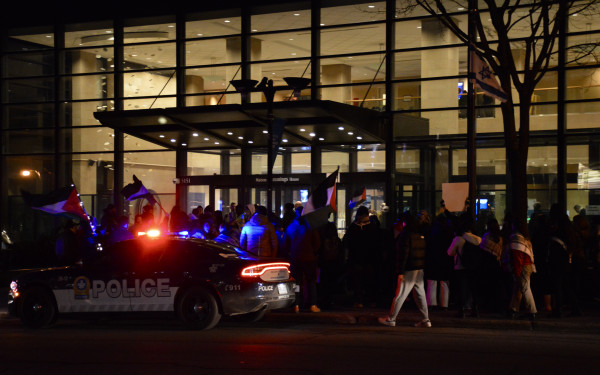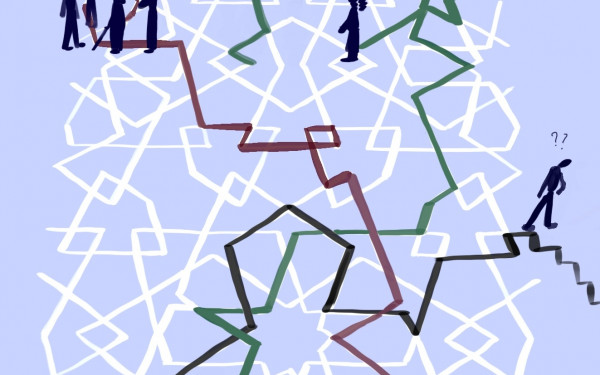Iraq War Crimes Uncovered
391,832
That’s the number of significant action reports from the Iraq War that WikiLeaks Editor-in-Chief Julian Assange released to the public on Friday, Oct. 22 at 5:00 p.m.
A vast majority of the reports documented the results of violence, murders and death.
The largest leak of confidential military information in history is here, in front of our eyes.
Civilians Under Fire
After the largest information leak in history revealed that the U.S. government was covering up the torture and deaths of thousands of civilians in Iraq, the same government turned around and portrayed itself as the victim.
The Iraq War Logs provided a candid insight into the American prosecution of the Iraq War and vindicated claims that U.S. soldiers routinely turned a blind eye to the torture, abuse and murder of Iraqi civilians.
An ongoing analysis of the war logs could threaten to upend the public perception of the conflict as history is rewritten with a civilian casualty rate twice as high as that of armed combatants.
The leak also details Al Qaeda’s exploitation of Down syndrome patients as suicide bombers and how U.S. authorities steamrolled through December 2006, a month where an average of 103 civilians were killed in Iraq daily.
Responding to the leaks, the U.S. Department of Defense “strongly condemns the unauthorized disclosure of classified information [because it] may expose secret information that could make our troops even more vulnerable to attack in the future. This security breach could very well get our troops and those they are fighting with killed.”
But the DoD’s position is nothing new. It adopted the same position when WikiLeaks released 90,000 classified Afghanistan war logs. It later redacted its statement, stating the war logs actually presented no real danger to the United States.
The Pentagon seems resolute on ignoring the fact that WikiLeaks is showing the world the true face of war. Why is the U.S.’s position repeatedly so aggressive, when the war logs detail, first and foremost, the injustice Iraqi civilians continue to face daily?
Why is it that no official word has been uttered concerning either the torture of innocent civilians, or the fact that, thanks to WikiLeaks, those evils came to light in the first place?
Not a single statement has been made to identify the blatant injustice that the U.S. government was fully aware of and yet allowed to happen.
Most of all, one must wonder how the U.S.’s focus on its own vulnerability may serve to pull the public eye away from its accused atrocities.
—Nadim Kobeissi
Journalistic Revolt
It’s day five and the floodgates are still wide open. Hurricane Julian hit the Internet on Friday and ever since it has been troubled waters for Iraqi and Coalition Forces.
The Obama Administration is giving little more than its standard condemnation and on Oct. 22, Amnesty International called on the United States to prosecute officials that knew more than what was reported.
Malcolm Smart, Amnesty International’s director for the Middle East and North Africa, said in a press release that the leaked files “add to [Amnesty International’s] concern that the U.S. authorities committed a serious breach of International Law when they summarily handed over thousands of detainees to Iraqi forces who, they knew, were continuing to torture and abuse detainees on a truly shocking scale.”
The Associated Press reported that the Pentagon urged media outlets to ignore any documents released by WikiLeaks on Oct. 18, as it would compromise and endanger U.S. soldiers still in Iraq.
This moment profoundly illustrates the need for journalists even as their ranks in the major media outlets dwindle. It took the combined efforts of many qualified individuals to dig through, contextualize and present the truth of the Iraq war in a compelling way.
Numerous news mediums, like U.K.’s The Guardian, had answered Amnesty International’s call to investigation. The Guardian reported that U.K.’s Deputy Prime Minister Nick Clegg made a statement pressuring the U.S. to be accountable for their war crimes.
Now, it’s clear that coalition troops knowingly allowed Iraqi security forces to torture and abuse civilians. It’s obvious that the use of private contractors—who are not accountable to standard military procedure—caused undue confusion and bloodshed. It’s now unquestionable that high-ranking U.S. officials misled the public about the situation on the ground in Iraq.
Author Malcolm Gladwell might have been right when he said in a The New Yorker essay, “Small Change,” that the Internet and social media aren’t going to give us the gall for revolutionary action, but what they are doing is making our governments more transparent and laying bare the evidence that may fuel the fire for revolutionary action.
—Joey Grihalva
This article originally appeared in Volume 31, Issue 11, published October 26, 2010.

__852_852_90.jpg)





